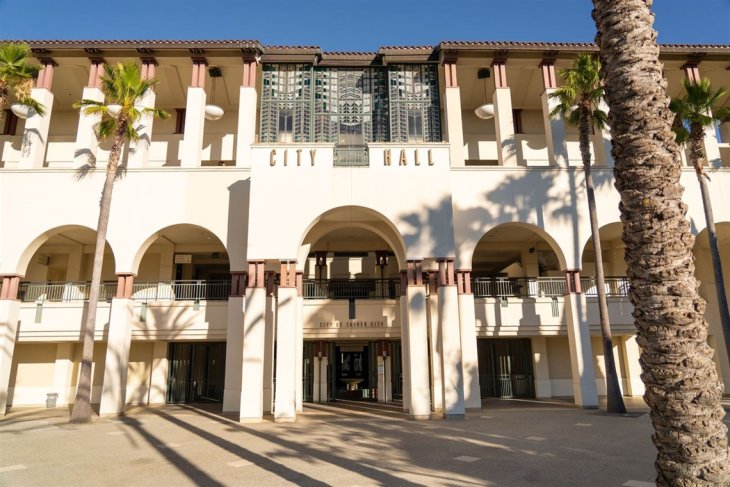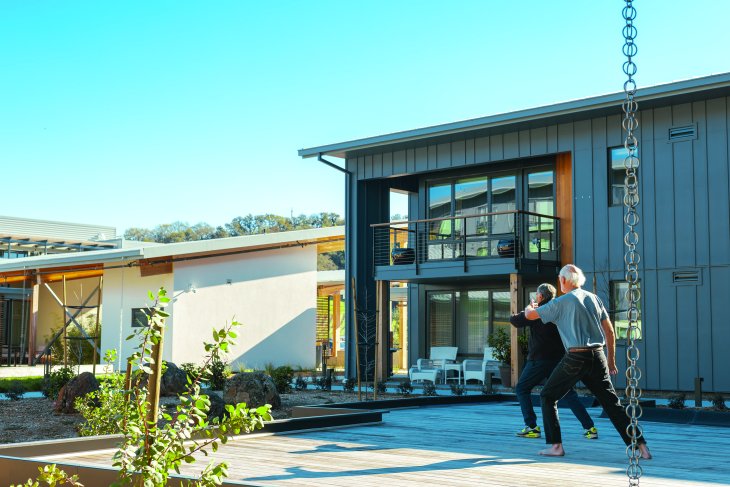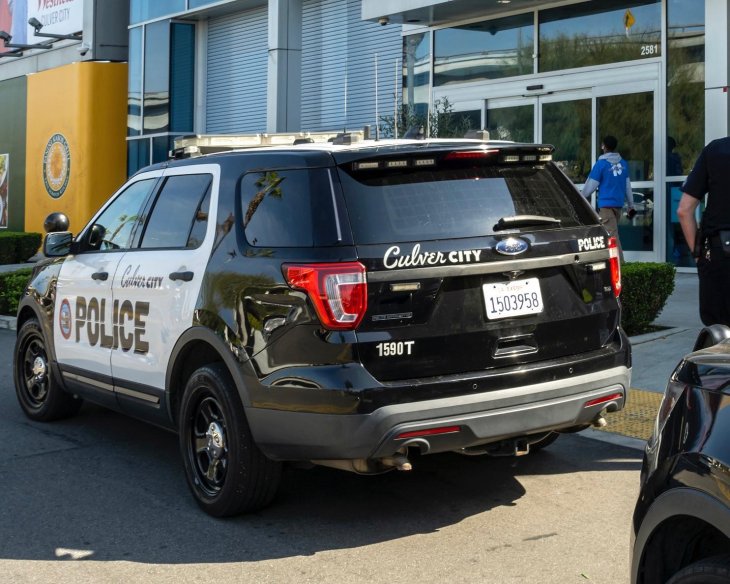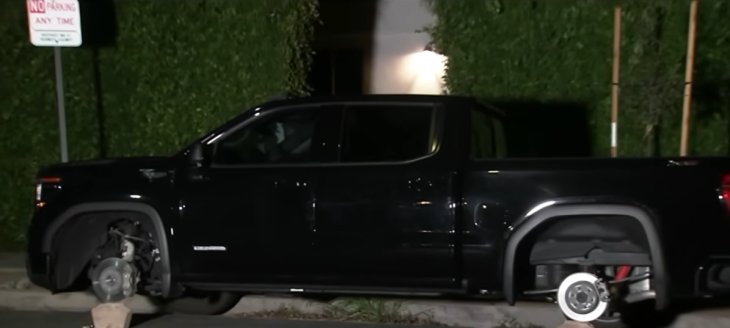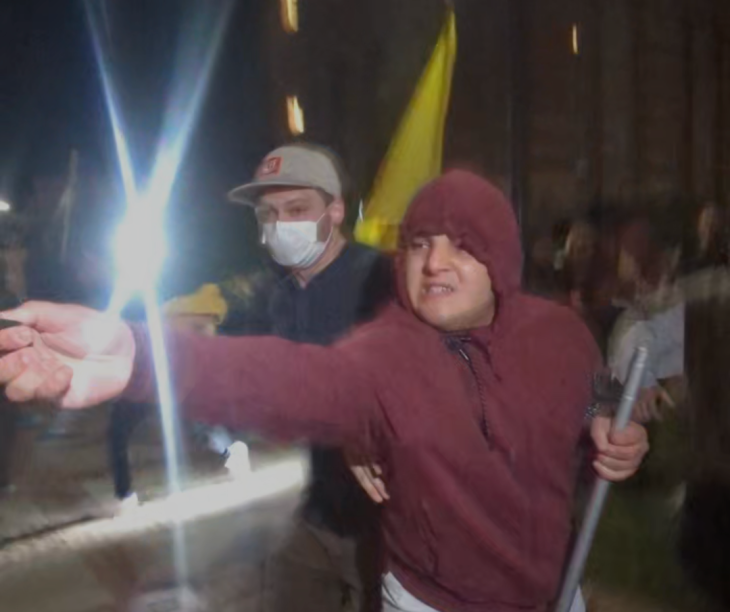Funds Allocated from ‘Mansion Tax’ to Assist Vulnerable Communities
By Dolores Quintana
Los Angeles has initiated the utilization of funds from Measure ULA, channeling $150 million into critical areas such as affordable housing, rental assistance, and measures to prevent housing instability.
The Los Angeles City Council recently approved the spending plan for the revenue generated by the city’s “mansion tax,” representing the first allocation of funds since the measure’s passage in November, as reported by the Los Angeles Times.
The allocated funds will be directed toward a range of vital initiatives, including temporary emergency rental assistance, defense against evictions, tenant education programs, protections for tenants, financial support for low-income seniors and disabled residents, and the development of affordable housing.
Councilwoman Nithya Raman emphasized the significance of this funding, stating, “This is the largest source of consistent revenue that this city has ever had access to for these purposes. It’s truly transformative for Los Angeles.” Since April, the tax has generated $55 million, meaning that the full $150 million can only be utilized once the tax reaches the $150 million threshold. The allocation priority between various programs, such as rental assistance and affordable housing, remains to be determined over time.
Out of $150 million, eviction defense will be allocated $23 million, income support for seniors with high-rent burdens will get $23 million, and rental debt assistance for residents will be allocated $18.4 million, according to the Los Angeles Times. How much affordable housing development will get hasn’t been revealed.
On September 19th, the emergency rental assistance program will start working to help tenants who owe back rent.
Implemented on April 1st, Measure ULA imposes a 4 percent tax on residential and commercial real estate sales exceeding $5 million and a 5.5 percent tax on sales surpassing $10 million. The tax revenue, however, fell significantly short of initial projections. Early proponents estimated an annual collection of approximately $900 million, a figure later adjusted down to $672 million in a report from the City Administrative Office in March.
The luxury real estate market in Los Angeles experienced a notable slowdown following the tax’s implementation. In April, only two homes sold for more than $5 million, and the market has yet to fully recover. In response to the implementation of the tax, owners of luxury properties refrained from putting their homes on the market or have been seeking other ways to get around paying the tax.
Mayor Karen Bass’ initial proposed budget for the fiscal year, totaling $13.1 billion, estimated revenue of only $150 million from Measure ULA. For nearly ten months, the fund has faced legal uncertainties. Regardless of the outcomes of these challenges, Councilman Bob Blumenfield affirmed that the full $150 million will be allocated and spent in accordance with the intended purposes.

